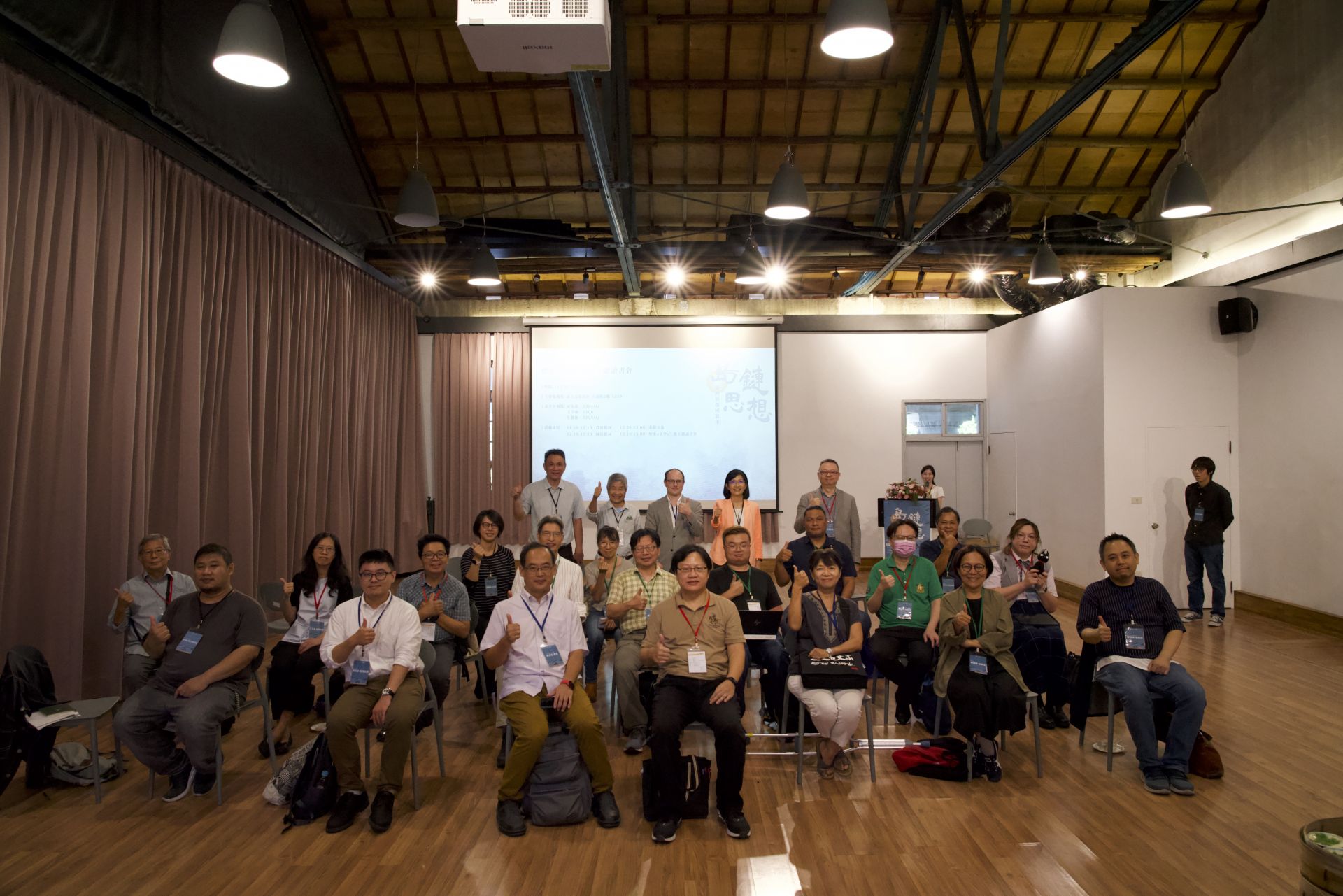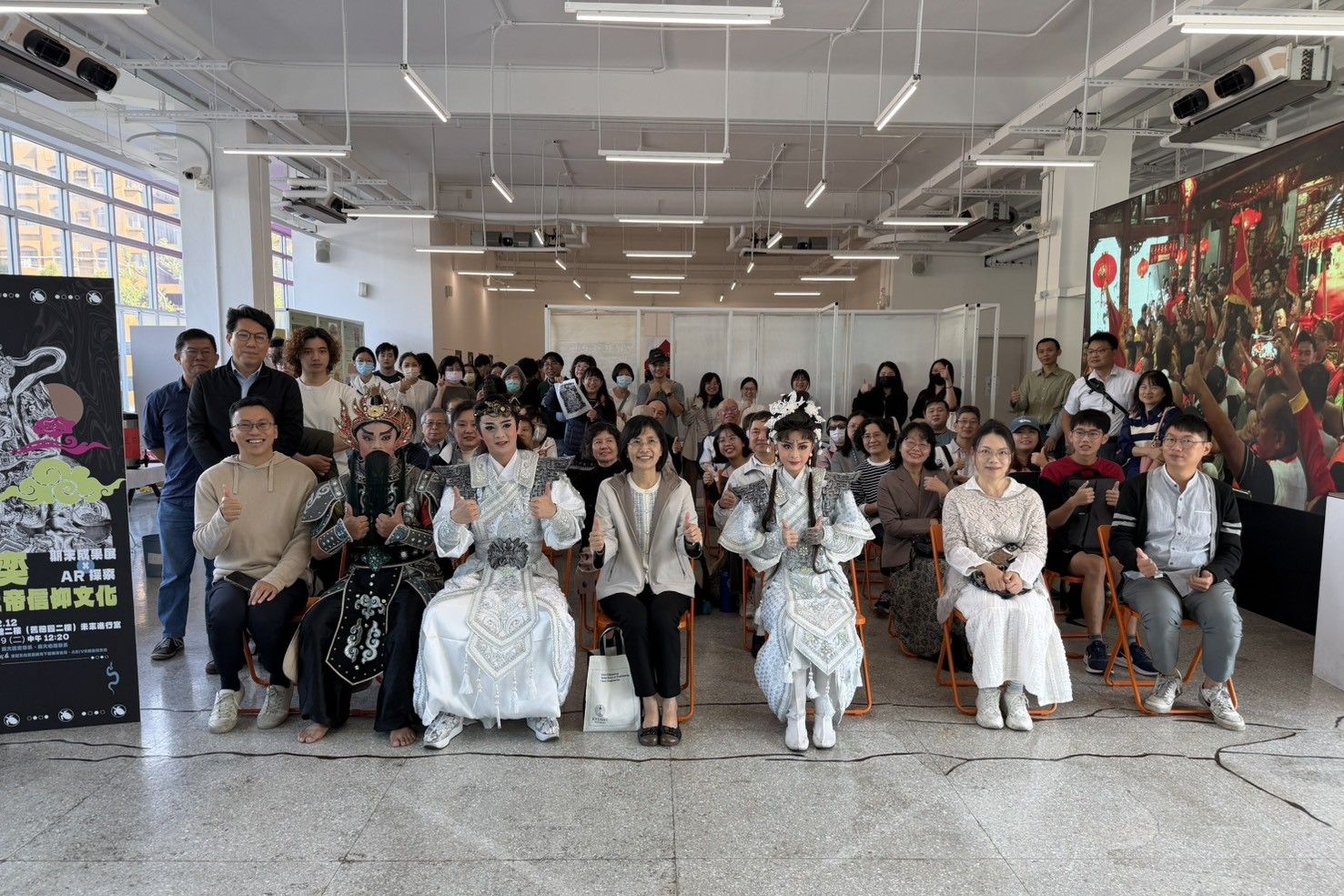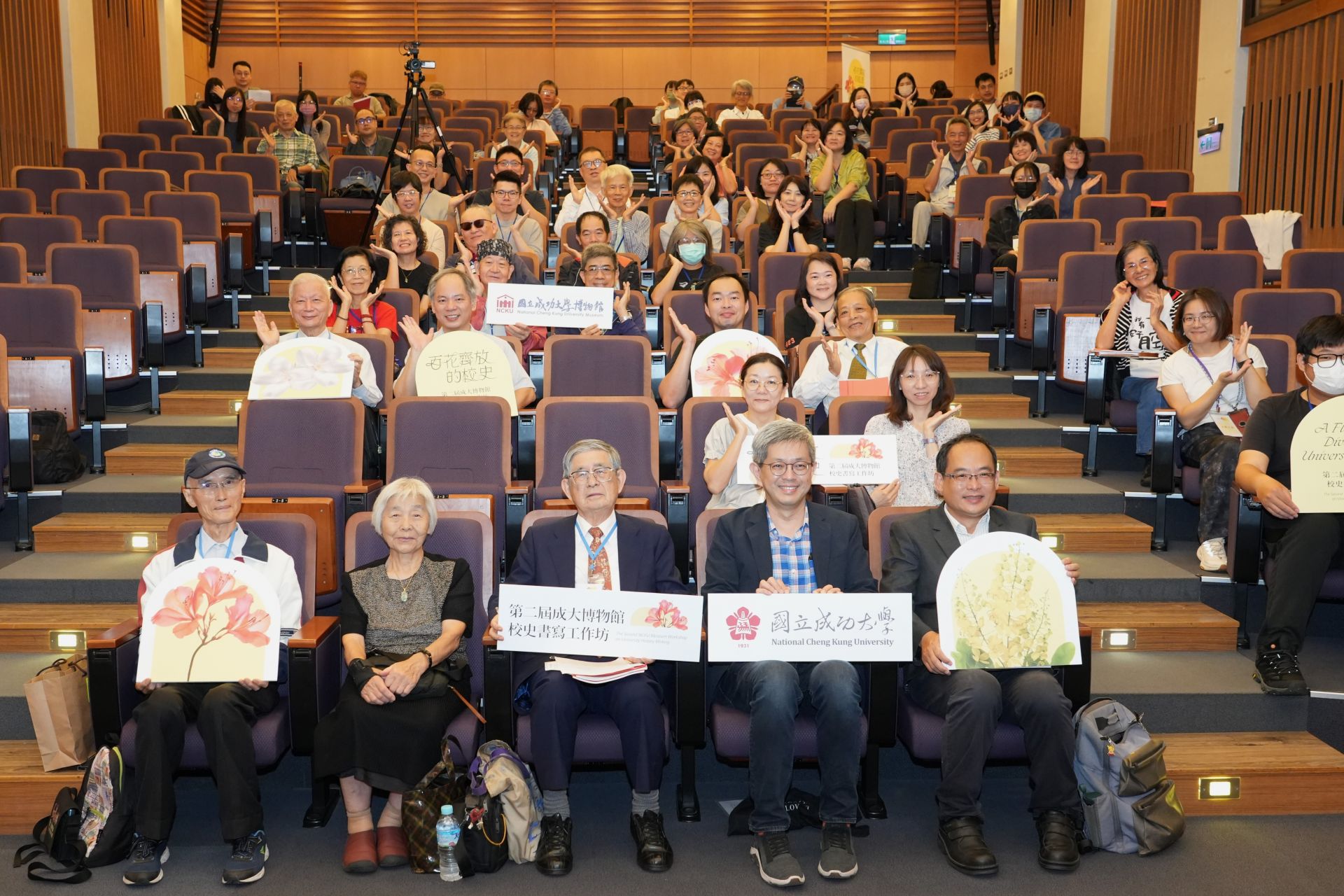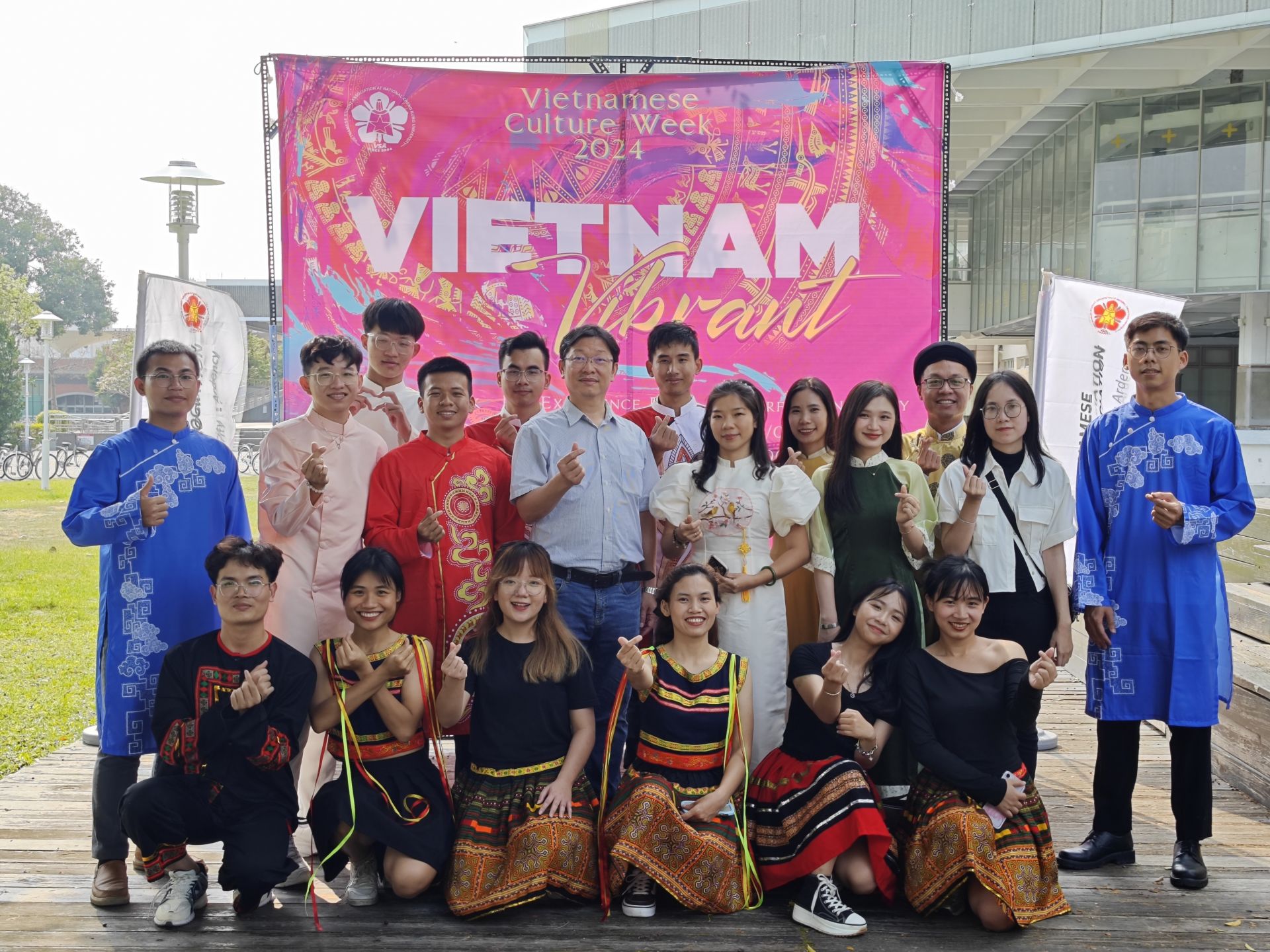Taiwan Comprehensive University System Launches 'Island Chain, Thought' Strategy Alliance Project – Reading Session Takes Place
President of the Taiwan Comprehensive University System, AcademicianFan-Sen Wang, is a driving force behind the four-school alliance project. He successfully secured a budget of 10 million NT dollars for the project. Since December of last year, the Humanistic and Social Sciences Center of NCKU, in collaboration with the humanistic and social science centers of National Sun Yat-sen University, National Chung Cheng University, and National Chung Hsing University, has initiated the four-year "Island Chain, Thought" strategy alliance project. The launch of this project represents a significant milestone in the collaboration of these four universities in the field of humanities, injecting more academic resources and discourse into Taiwan's humanities research.
In her speech, Vice President Yuh-Neu Chen-Female of NCKU expressed that gathering teachers from the humanities and social sciences fields of the four universities in the central to southern region was no easy task. The reading session today provides an opportunity for mutual discussion and sharing of perspectives. NCKU not only has a long history but also possesses a rich humanistic heritage. The venue for today's event, Da Cheng Building, has a unique historical background. The Qianfeng Campus was a military base during the Japanese colonial period and the Kuomintang rule. Taiwan's literary giants, such as Zhong-Yuan Sima, Xian-Ya, Cai-Hua Duan, and Xi-Ning Zhu, all served in the military here. These historical connections add a unique dimension to this event. In addition, the results of the discussion at the reading session will be compiled into a book for the "Island Chain, Thought" project. It is hoped that more people will come to understand Taiwan from different perspectives as Taiwan welcomes its 400th anniversary. Best wishes for the success of the upcoming activities.
"Unity is strength, and cross-school and cross-disciplinary collaboration injects new thinking and inspiration into academia," said Director Cai Qun-Li of the Humanistic and Social Sciences Center at NCKU. The center has been committed to focusing on the "Taiwan Studies" program in recent years, emphasizing the exploration of Taiwan's diverse development aspects. Through the cross-cutting aspects of history, the center reflects and analyzes Taiwan's development at different historical stages. In preparation for the arrival of Tainan's 400th anniversary, the center is organizing the "Fu See, Fu City" series of activities, inviting experts from all walks of life to discuss Tainan's various professions. This year, participating in the "Island Chain, Thought" strategy alliance project, the center is preparing for "Island Chain, Thought" activities, scheduling related master lectures, reading sessions, and intensive courses before March next year. The aim is to attract more people to get to know Taiwan.
"The luckiest thing in life is to have the opportunity to return to Taiwan," said Director Hao-Yi Dai of the Center for Humanities and Social Sciences Research at National Chung Cheng University emotionally. Coming to NCKU to participate in such a meaningful event reminded him of when he returned to Taiwan to work after more than 30 years in the United States. National Chung Cheng University, located in Chiayi County, has the fastest aging population in Taiwan. While teaching there, he found that promoting humanities in Taiwan was quite challenging. This prompted him to actively promote research on aging education and other subjects. Through collaboration with NCKU, the humanities and social science school of National Chung Cheng University can have more room for development, contributing to a more comprehensive academic perspective for Taiwan.
Director Cai Dong-Jie of the Center for Forward-looking Humanities and Social Sciences Research at National Chung Hsing University remarked that this is a very good start. For a long time, the world has been dominated by nature and governed by science. However, universities worldwide with the best reputations all originated from humanities, social sciences, and philosophy departments. Despite the challenging environment, Taiwan still has many experts and scholars working hard in their respective fields. Each university has its unique characteristics, and consolidating all talents increases the total energy. When it's National Chung Hsing University's turn next, they will take the baton and continue learning and growing together.
Director Jia-Nan Mo of the Center for Humanities Research at National Sun Yat-sen University hopes that under the collaboration of the four universities over the next four years, there will be further consideration of Taiwan's subjectivity and culture under the theme of Taiwan studies.
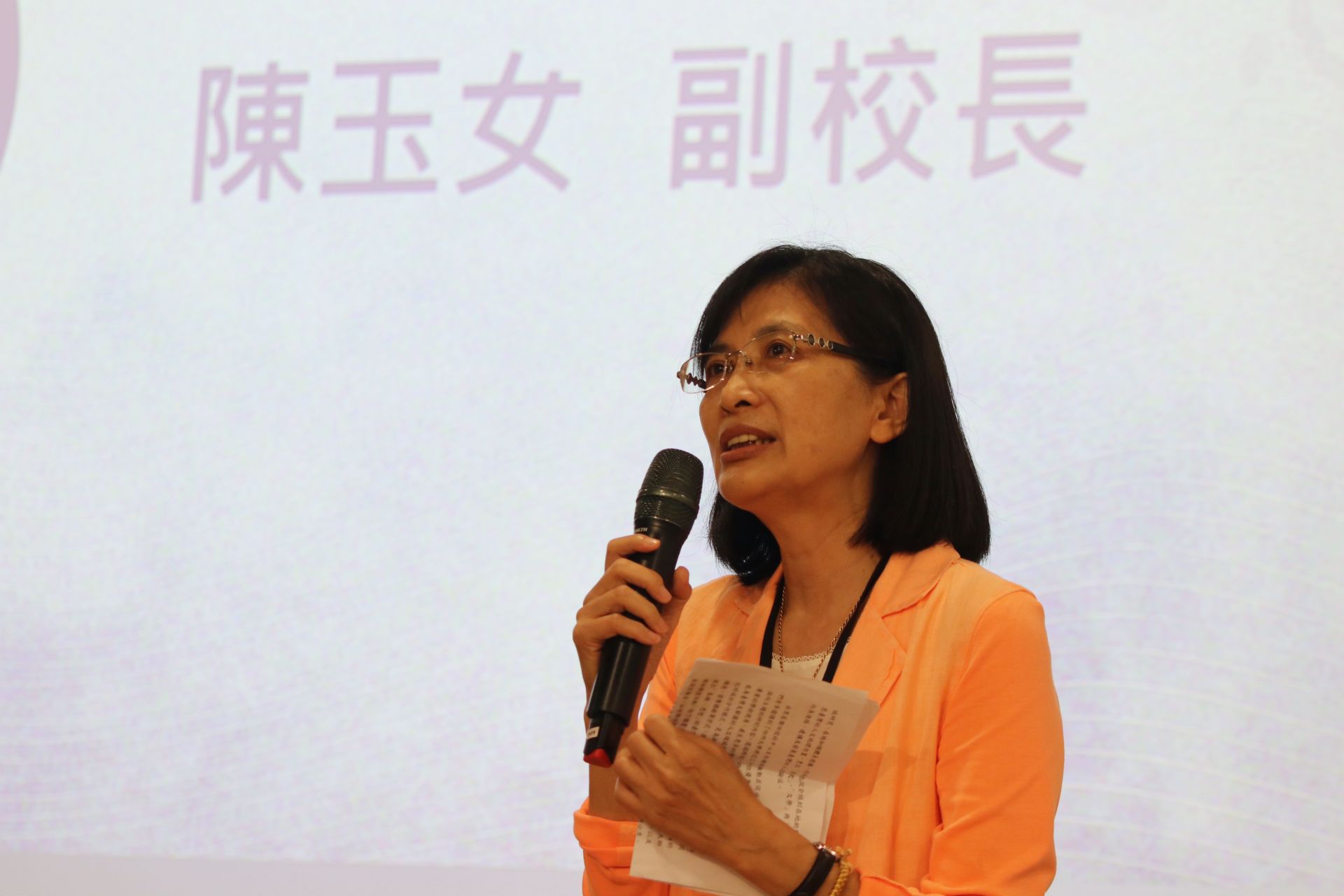
NCKU Vice President Yuh-Neu Chen, in her address, extended congratulations on the 400th anniversary of Tainan and expressed the hope that through various perspectives, more people would come to appreciate the beauty of Taiwan, also known as the Formosa Island. She emphasized that this special occasion presents an opportunity for collaboration and exchange to deepen the understanding of Taiwan's history, culture, and values.
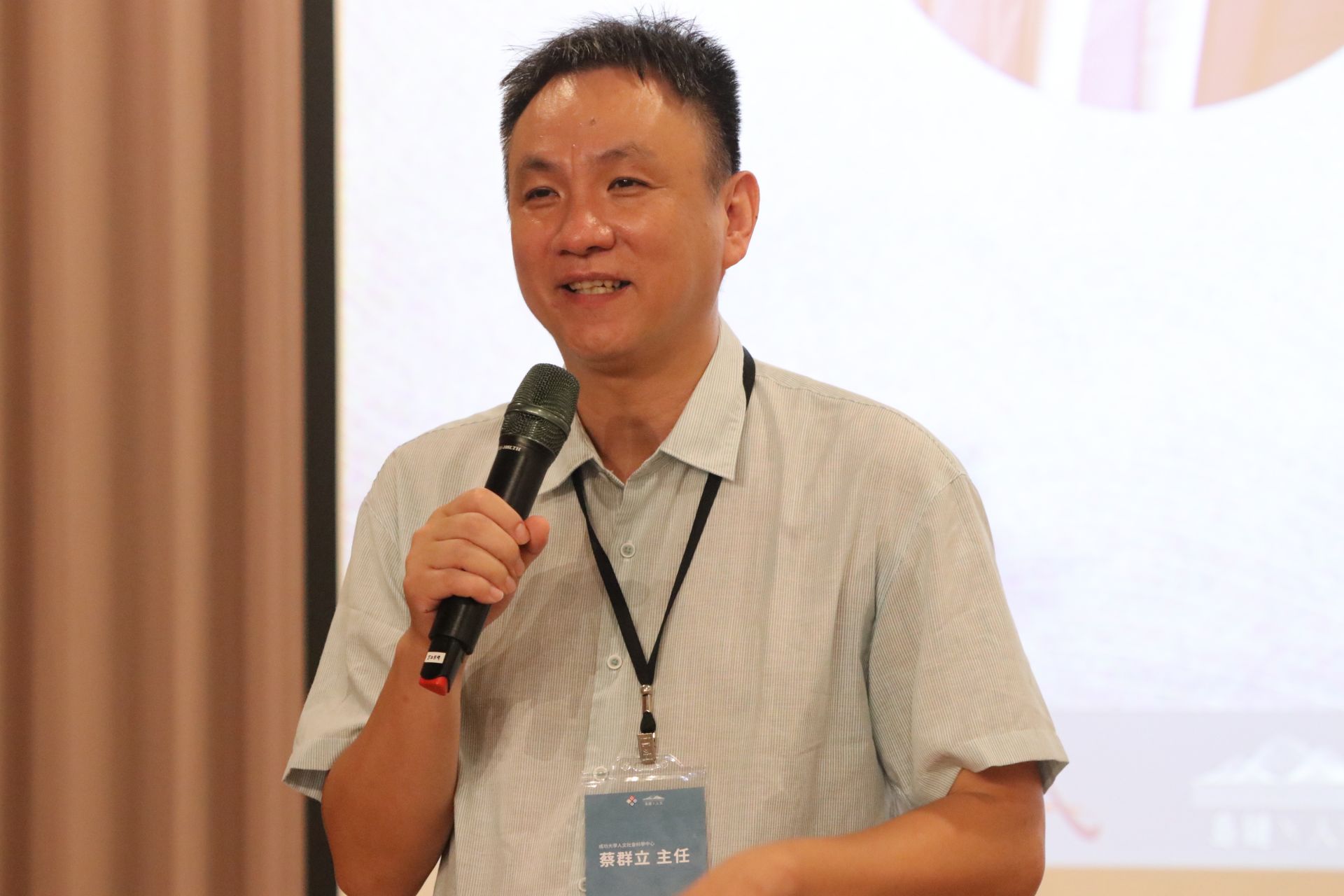
Director Chun-Li Tsai of the Center for the Humanities and Social Sciences at NCKU remarked in her speech that unity holds great power. She mentioned plans for arranging master lectures, book clubs, intensive courses, and other activities before March next year to facilitate knowledge sharing and academic exploration, fostering stronger ties between universities.
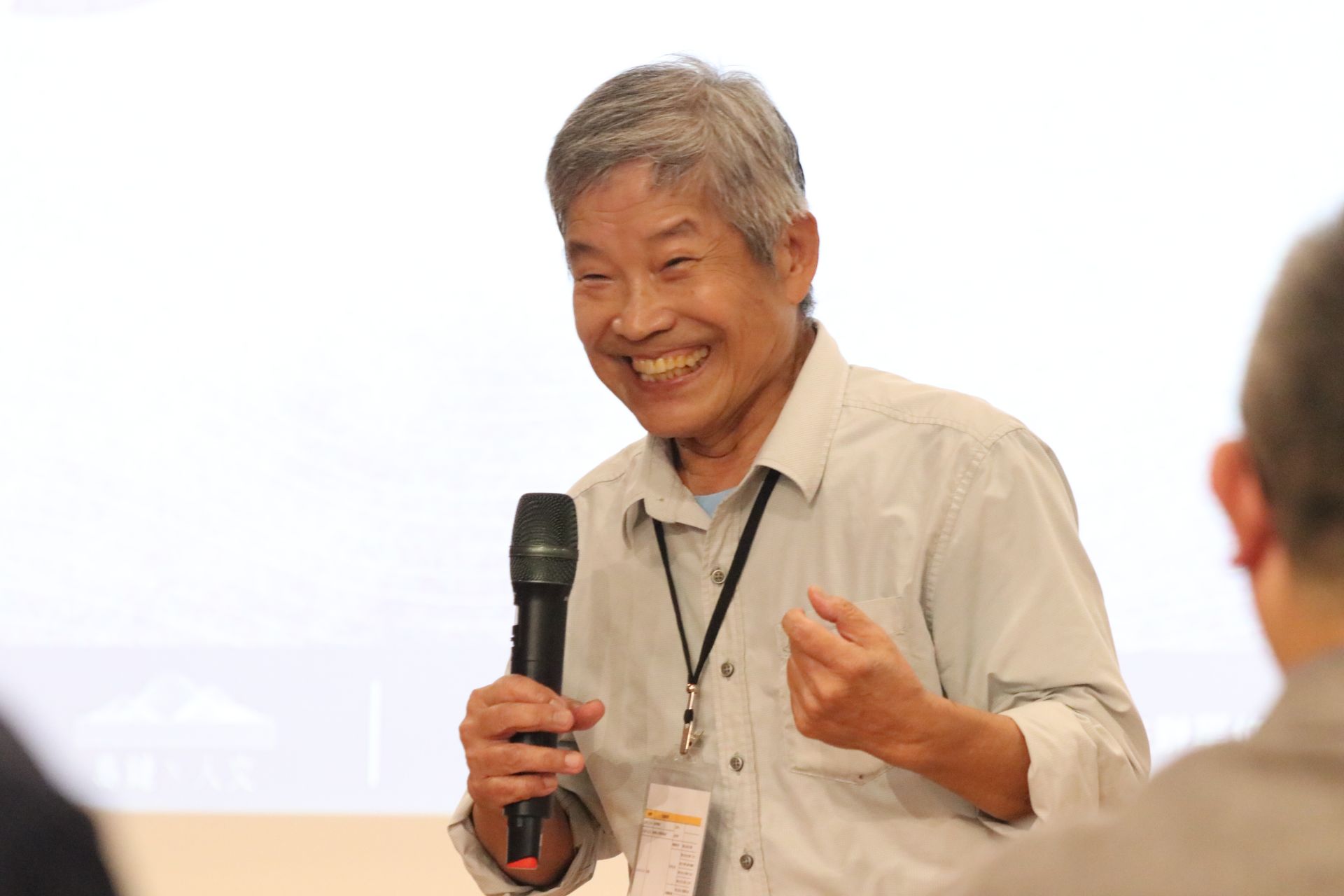
Director Hao-Yi Dai of the Center for Humanities and Social Sciences Research at National Chung Cheng University expressed anticipation for more opportunities for collaboration and exchange with NCKU. He aspired to promote mutual development in the field of humanities and social sciences through such collaboration.
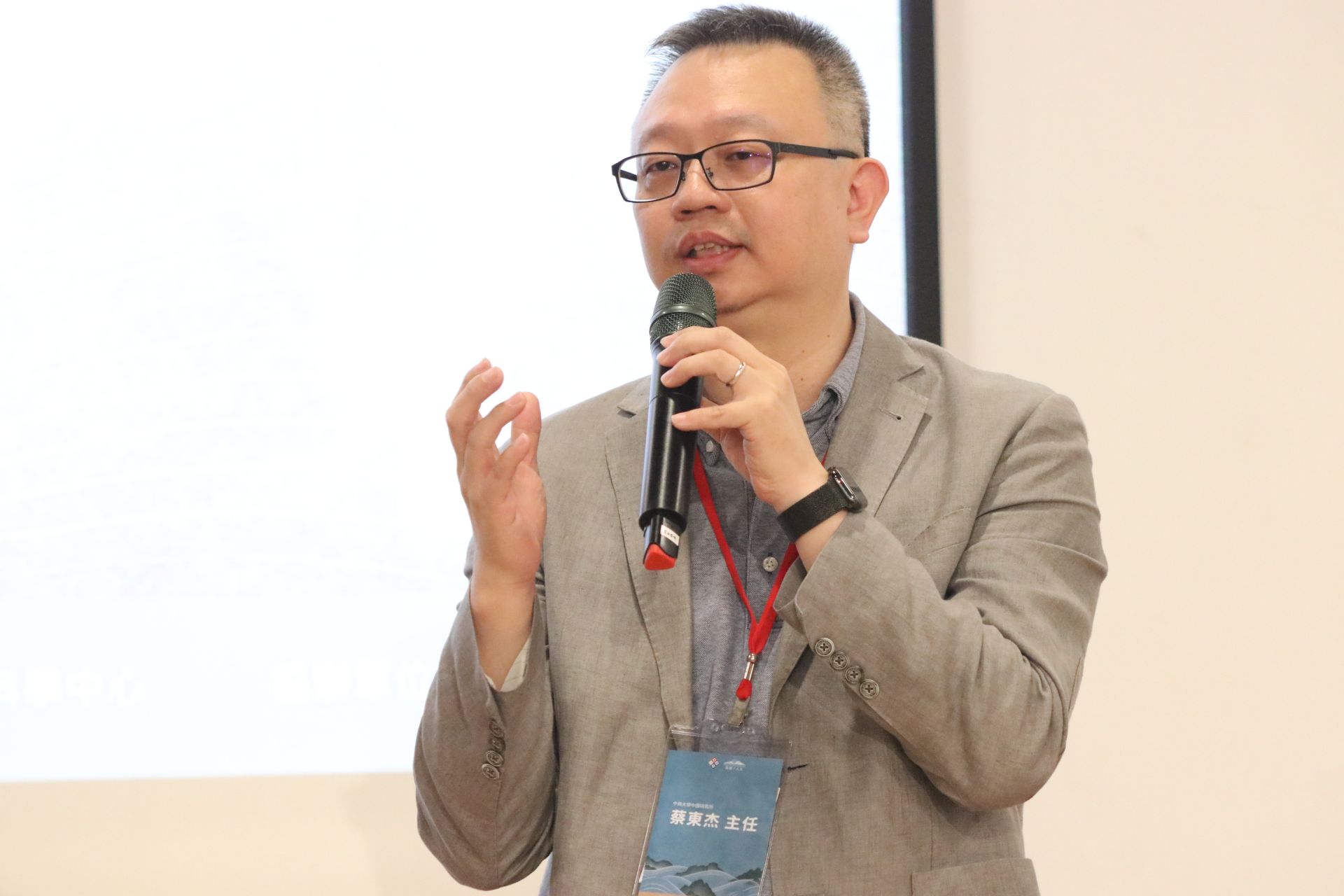
Director Dong-Jie Tsai of the Center for Humanities and Social Sciences Forward-looking Research at National Chung Hsing University stated in his address that this collaboration marks a very promising beginning. He mentioned plans to continue organizing relevant events next year to further enhance cooperation and exchange between the four universities.
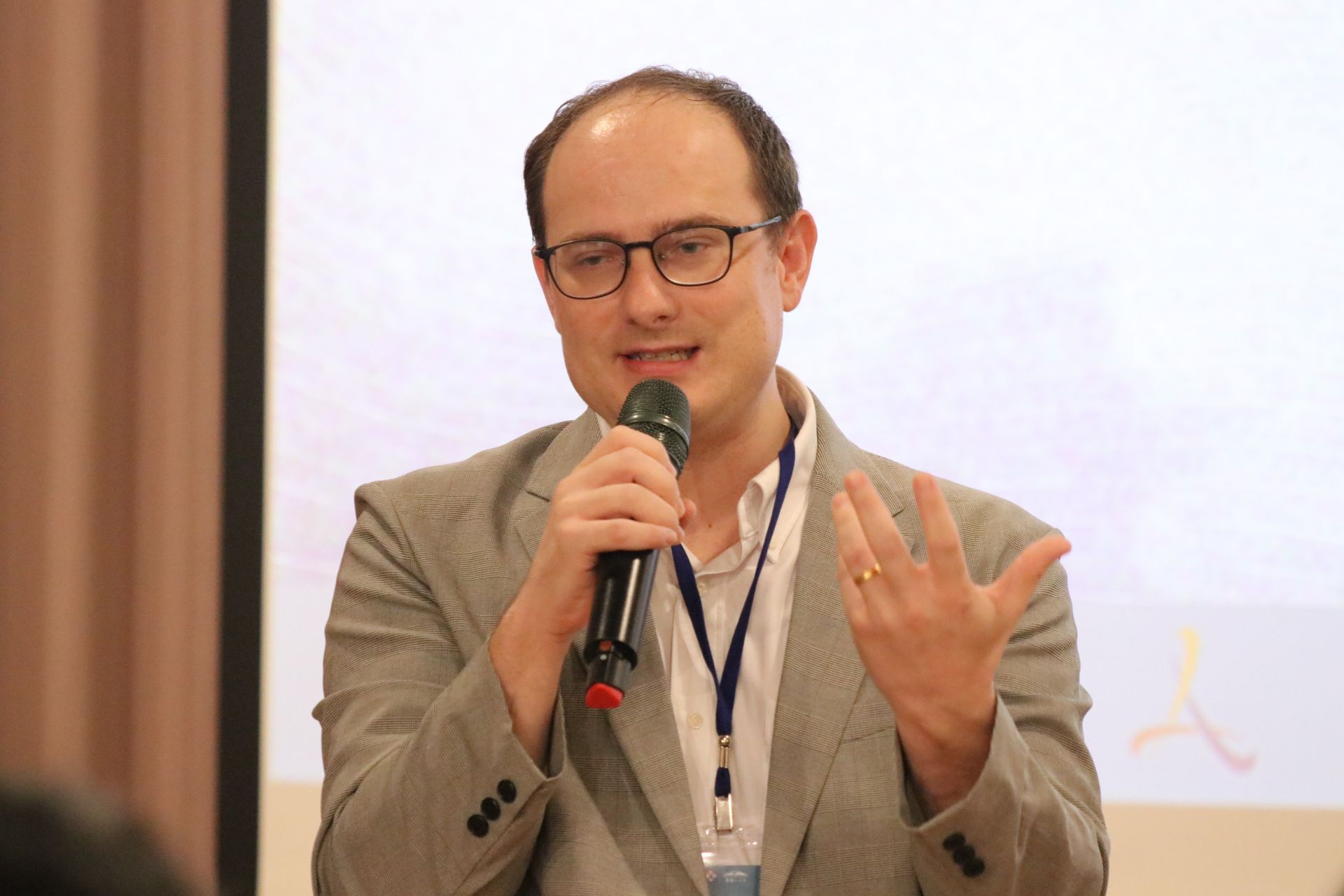
Finally, Director Jia-Nan Mo of the Center for Humanities Research at National Sun Yat-sen University expressed hope for a deeper exploration of Taiwan's subjectivity and culture under the collaborative platform of the four universities. He aspired to advance academic exchange and cooperation through this initiative.

